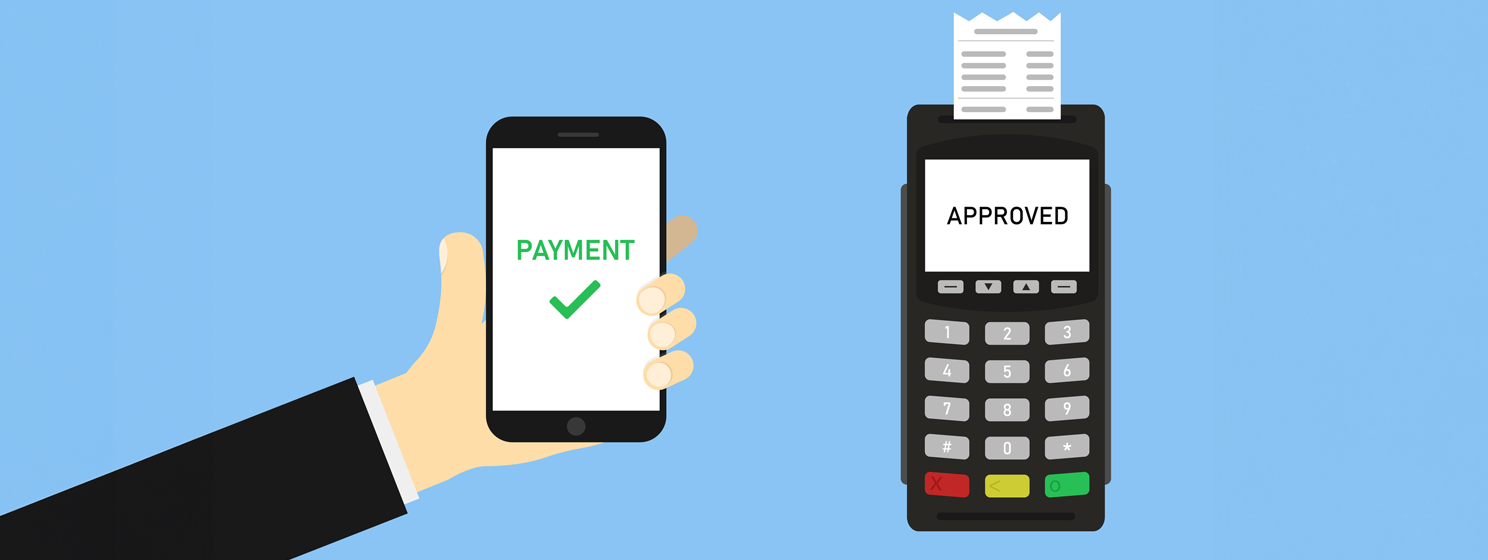|
Getting your Trinity Audio player ready...
|
The United Arab Emirates has become the latest nation to adopt the Crypto‑Asset Reporting Framework, a standard that requires comprehensive tax disclosures from VASPs operating in member countries.
Announcing the move, the UAE Ministry of Finance stated that it would enhance the country’s oversight of the digital asset sector, whose growth has exploded across the Middle East over recent years.
“[This framework is] a significant milestone in the UAE’s journey towards strengthening its commitment to the highest international standards of tax transparency and expanding cooperation with international organisations such as the Organisation for Economic Co-operation and Development (OECD) and the global financial community,” said a statement from the ministry.
CARF is a new framework published by the OECD in 2022. It calls for the automatic collection and exchange of information between national regulators. It covers digital assets such as BSV, stablecoins like USDC, certain tokenized real-world assets, utility tokens that can be sold or exchanged, and NFTs, provided they can be used for payment or traded.
Fifty countries have pledged to implement the framework once it takes effect in 2027, including Canada, Brazil, France, Germany, Japan, the U.K., Mexico, and South Africa. A further 23 will implement it a year later, and these include Hong Kong, Kenya, Malaysia, Thailand, the U.S., Switzerland, and Singapore. The UAE will join this second batch and undertake the first exchange of tax information in 2028.
The OECD’s Global Forum, which coordinates global tax transparency standards, has further identified India, Vietnam, Argentina, Australia, and El Salvador as the five nations most in need of the CARF that have yet to accept the standard.For the UAE, the CARF is yet another stride in its journey to become “a leading financial hub based on good governance and international compliance,” the Finance Ministry says.
While VASPs will feel the most impact under the framework, it will also affect Emirati investors, says Jessica White, a regulatory expert at London-based law firm Pinsent Masons’ UAE office.
“For investors, it signals the end of crypto’s anonymity in cross-border tax matters, and for the UAE, it reinforces its commitment to being a transparent and globally integrated financial hub. Stakeholders should begin assessing their readiness and seek legal guidance to ensure compliance,” she stated.
The new taxation disclosures come amid an expansion of the UAE central bank’s oversight authority to include self-custodial digital asset wallets, blockchain explorers, decentralized platforms, and digital currency market data services. Any company offering these services in the Middle Eastern nation must obtain a license from the top bank, or risk incurring penalties of up to AED 500 million ($136 million).
Watch | Watch Now: BSV Stories – Episode 4 – The Middle East’s Blockchain Race

 03-03-2026
03-03-2026 




